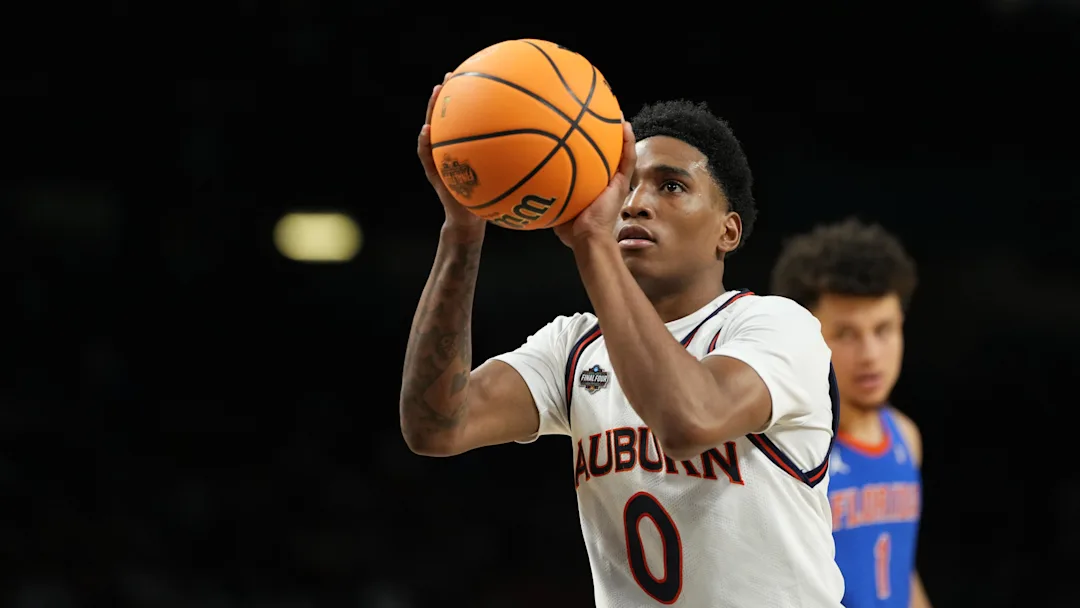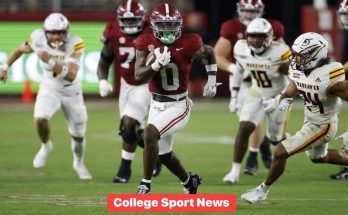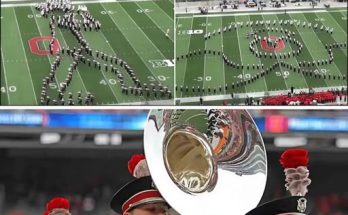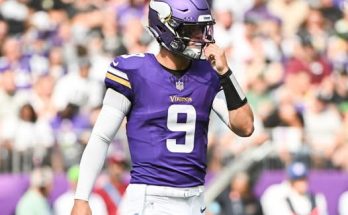Auburn’s own Pettiford stands out among CBS Sports’ list of NBA prospects who should seriously consider returning to school for another season. As the NBA draft approaches and young talent weighs the critical decision of whether to jump to the professional ranks or return to college, the analysis from CBS offers insightful guidance, and Pettiford’s case is one of the more compelling.
Pettiford has emerged as one of the most promising players in college basketball, showing flashes of elite athleticism, skill development, and a strong competitive spirit. Over the course of his time at Auburn, he has steadily refined his game, evolving from a raw athlete into a player with the tools necessary to succeed at the next level. Despite this progress, experts, including those at CBS, suggest that he might benefit significantly from another year in the collegiate system rather than entering the draft prematurely.
The reasons behind this recommendation are multi-faceted. For one, Pettiford’s draft stock, while promising, remains on the cusp of the first round or the late first to early second round—a range that does not guarantee the financial security or roster stability that many NBA hopefuls seek. Returning to Auburn could offer him the opportunity to elevate his game further, sharpen his skills, and enter the draft in a stronger position, potentially landing higher in the order with more lucrative contract possibilities.
Moreover, Auburn’s program itself stands to benefit from Pettiford’s return. The Tigers are consistently building toward deeper runs in the NCAA tournament, and having a player of Pettiford’s caliber back for another season could be the difference in elevating the team from a solid competitor to a genuine contender. His leadership on and off the court, combined with his growing maturity, would provide invaluable stability for younger teammates and help Auburn continue to build a winning culture.
Another factor supporting the advice from CBS is Pettiford’s skill set, which is still developing and not fully NBA-ready. While he possesses excellent athleticism and raw talent, certain aspects of his game, such as consistency in shooting, defensive positioning, and playmaking under pressure, can improve with another year of focused coaching and high-level competition. The transition from college to the NBA is notoriously difficult, and many players who jump too early find themselves struggling to adjust to the speed and complexity of the professional game. Pettiford, with the right timing and preparation, could avoid those pitfalls and make a more seamless transition.
The financial aspect also plays a critical role in such decisions. While some players gamble on their potential and enter the draft early to start earning, others find that the benefits of returning to school—both in terms of skill development and future earnings—outweigh the immediate payout. Pettiford’s case appears to fall into the latter category. Enhancing his draft position by another round or two could mean millions of dollars more in guaranteed contracts over the course of his career, and CBS’s analysis supports this perspective.
It’s also important to consider the long-term career implications. An extra year at Auburn would provide Pettiford with time to mature physically and mentally, develop leadership qualities, and gain experience in pressure situations that the NBA regularly presents. This is invaluable in ensuring a sustainable career rather than a short stint. Players who rush into the league without this preparation often face short-lived careers or end up bouncing between teams and developmental leagues.
CBS Sports has a track record of keen insight when it comes to draft prospects, and their recommendation for Pettiford aligns with a growing consensus among scouts and analysts. While the temptation to make the leap to the NBA is understandable, especially for talented players with professional dreams, the wisdom of patience and continued growth is often the more prudent path.
In addition to Pettiford, CBS’s list includes several other notable prospects who they believe would benefit from an additional year of collegiate play. This reflects a broader trend in college basketball where the “one-and-done” culture is being reassessed in favor of more measured development. Pettiford’s decision will likely influence not only his career trajectory but also serve as a model for other promising athletes facing similar dilemmas.
From Auburn’s perspective, Pettiford returning means retaining a cornerstone player who can inspire teammates and fans alike. The Tigers have made strides in recruiting and player development, and having Pettiford stay another season could cement their status as a formidable program capable of challenging for national honors. His presence alone can attract additional recruits and boost the team’s overall profile.



